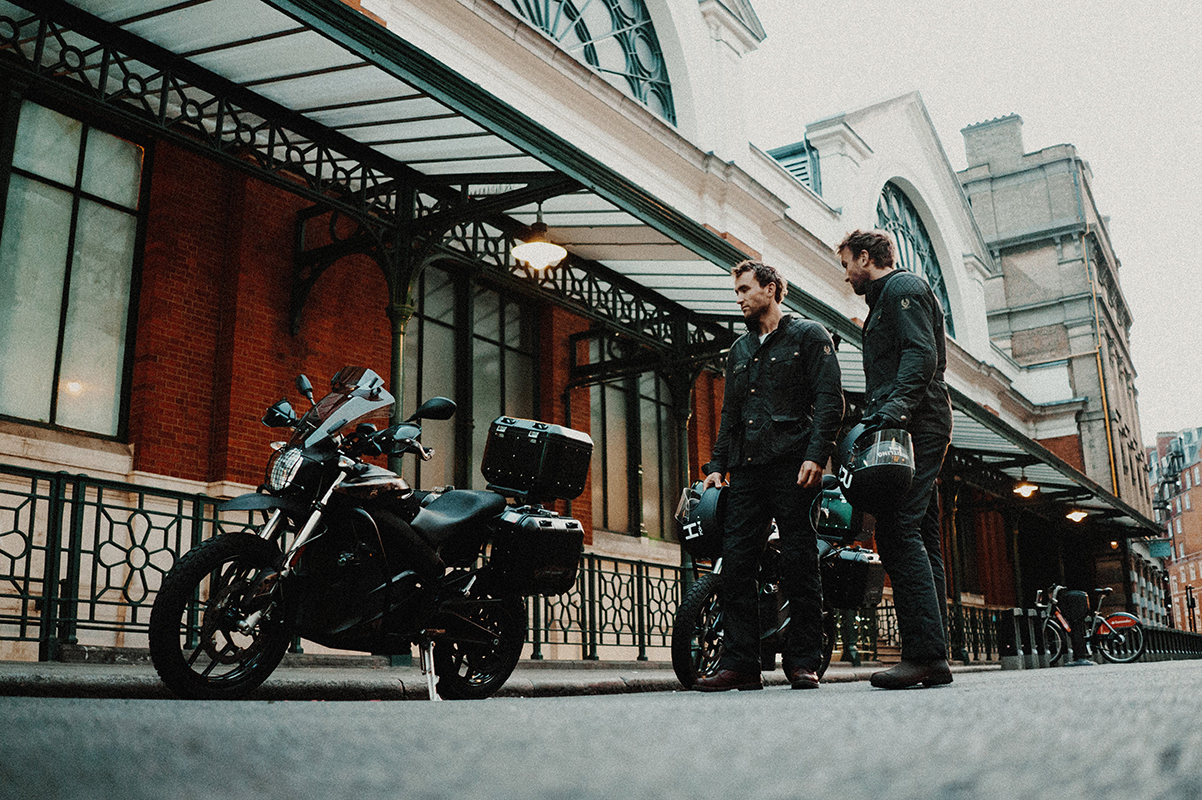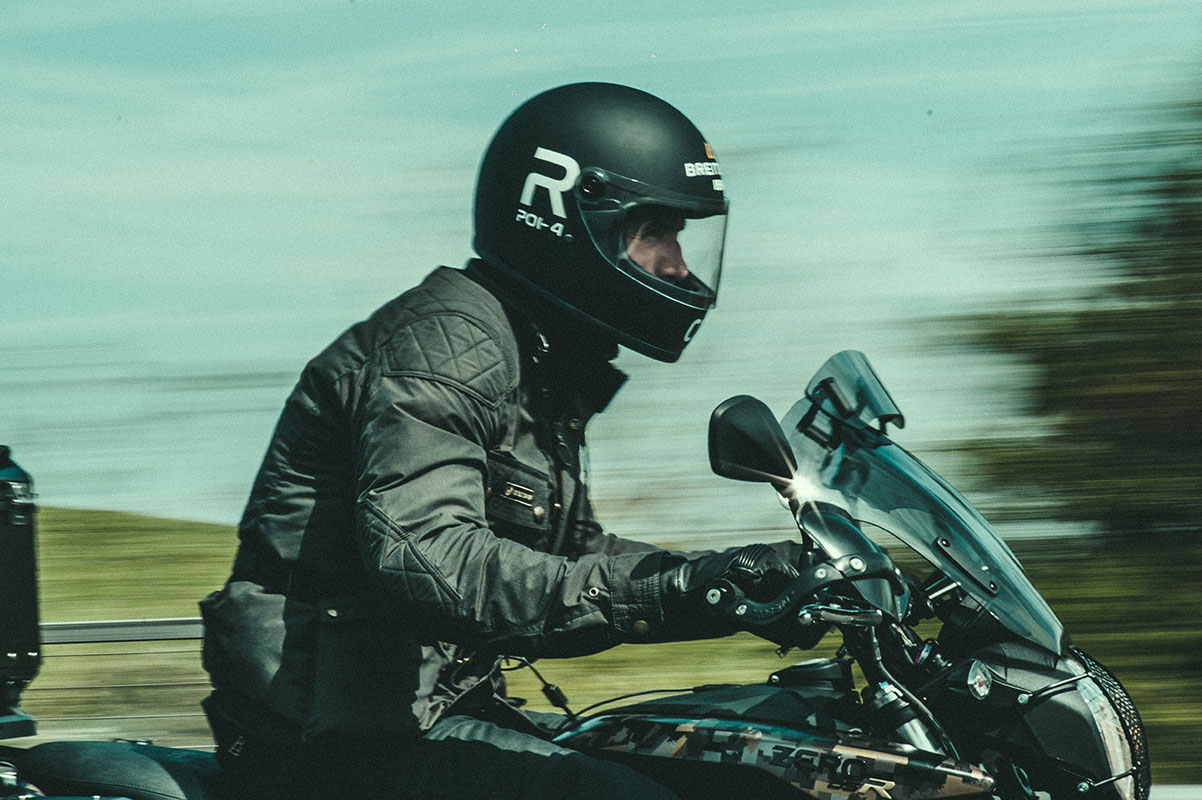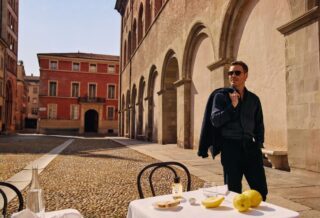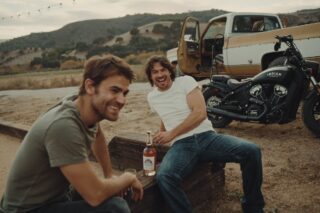This website uses cookies so that we can provide you with the best user experience possible. Cookie information is stored in your browser and performs functions such as recognising you when you return to our website and helping our team to understand which sections of the website you find most interesting and useful.
Turner Twins Electric Expedition to the Iberian Pole
27 August 2019 | Cars & Yachts, Lifestyle, Travel
Adventurous brothers Hugo and Ross Turner reach the Iberian Pole of Inaccessibility

Twins Hugo and Ross, better known as the Turner Twins, are a pair of adventurers who specialise in ‘world-first’ trips. On their latest of their expeditions, they set out to reach the Iberian Pole of Inaccessibility, travelling through France and the Spanish Pyrenees on the way.
What is the Iberian Pole of Inaccessibility?
A ‘pole of inaccessibility’ is a point right at the centre of a landmass, which describes the most difficult place to reach. The Turner Twinshave made a career out of journeying to these sorts of markers. On previous expeditions, they’ve cycled to the centre of the Badlands National Parkin South Dakota (that’s the North-American Pole of Inaccessibility) and to the ‘Green Pole’ in Mato Grosso, Brazil.
What Bikes Were Used?
This time, the pair used motorbikes of a particular sort. The bikes chosen were electric ones, specifically the ZeroDSR ZF14.4 Black Forest. Zero is a California-based manufacturer who’ve made it their mission to make electric bikes that can handle more than city-centre commutes.
“We chose to work with Zero motorbikes because we wanted to challenge people’s perceptions of what electric vehicles could achieve, beyond the city limits, and Zero Motorcycles were the perfect partner due to their unrivalled range,” commented Hugo.
How did the Electric Bikes cope?
The bikes passed this test with flying colours. The twins report that: “Travelling thousands of kilometres across Europe isn’t for everyone, but the connection and riding experience delivered through the electric 14.4kWh bikes was truly exciting and novel. The Zeros deliver instant power, giving a performance characteristic and a quietness that allowed for a totally immersive soundtrack; the forests, mountains, countryside and coastal roads all had different sounds that can only be experienced on an electric motorcycle.” >>

It wasn’t all plain-sailing, however. One of the major differences on this trip was the amount of planning and forethought required to calculate mileages and ensure that charging stations were hit en-route. The trip lasted a total of seven days, during which the bikes were charged twenty-seven times, which works out at roughly fifty-nine hours spent charging in total.
Hugo, however, remained confident that such problems would be overcome once charging infrastructure becomes widespread. “Long-distance travel on electric bikes is definitely feasible and there’s a huge amount of money being invested in it. Once the infrastructure is fully in place, it’s a slow domino effect.”
The twins wore Belstaff kit throughout their trip, including boots, trousers, and waxed jackets of the sort that the company is famous for. Hugo was just as quick to lavish praise upon their clothing:
“From a dry 35 degrees to a wet, soggy 10 degrees in the Pyrenees, the Belstaff kit was amazing.’ Commented Hugo. ‘It didn’t leak or get wet once; it didn’t sweat or overheat. The best kit you have and use you don’t notice. If you're suddenly thinking about your clothing, there’s something amiss. You don’t want to think about it and we didn’t have to think about it at all.”







